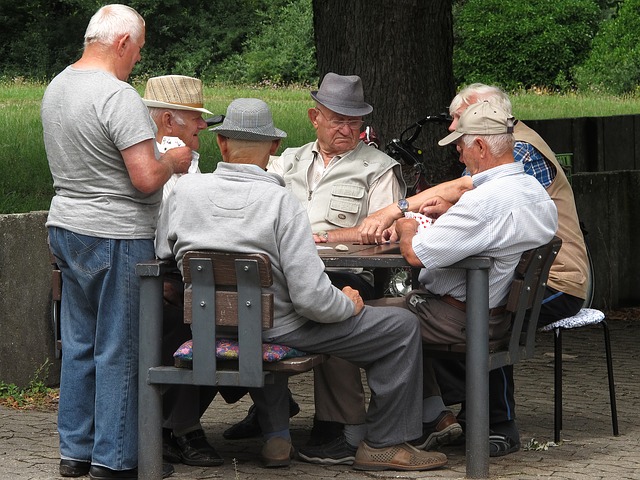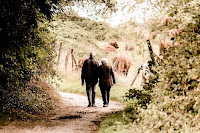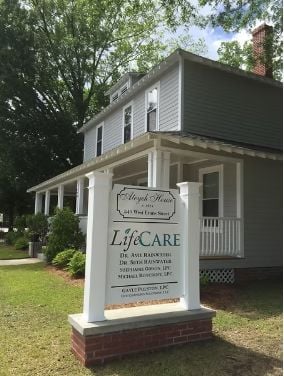
12 Intervention Sessions Improve Cognition
Researchers say it takes a dozen “intervention sessions” to improve cognition in those at risk for Alzheimer’s and other dementias.

Researchers say it takes a dozen “intervention sessions” to improve cognition in those at risk for Alzheimer’s and other dementias.

Denise Medved is the founder and creator of a program that takes Alzheimer’s patients through vigorous, spirited exercise routines. She calls her program, “Ageless Grace”.

The protein BDNF builds synapses in the human brain, nurturing brain cells and fighting off dementia. While there is no artificial way of boosting it, social and cognitive activity can.

Getting out into the fresh air and taking a walk does good things for your brain and well-being, researchers say.

UCLA researchers found active people build 5% more gray matter in their brain. See how this prevents Alzheimer’s.

Walking groups are found to be one of the best and easiest ways to boost health and fight conditions such as dementia.

Researchers say a lifestyle-only treatment which includes increased physical activity may be the best prescription for preventing vascular and other issues that can lead to dementia. Their prescription: sit less and move more for mildly high blood pressure and cholesterol, which helps address vascular issues.

Dementia incidence has steadily fallen by 20 to 25 percent over the past three decades in the U.S., U.K., Sweden, and the Netherlands. How come?

An international team of researchers finds that cognitive motor training helps fight Alzheimer’s and dementia, using a fitness game to show that cognitive motor training improves both cognitive and physical skills in people with significant dementia. Find out more.

Fat, middle aged people are 3.6 times as likely to develop memory loss and dementia. See the research that reveals why.

Empower yourself with a detailed report of your brain’s function, consisting of an assessment of your cognitive function and your brain connectivity with a quick 45-minute on-site appointment.

Kimberly Warnick, Certified Dementia Practitioner and Care Navigator

Selling Alzheimer’s books takes time – buyers rarely commit right away. Smart authors plan for the long game, offering gentle, repeated reminders to buy. No tool does this more effectively or simply than the Alzheimer’s & Dementia Weekly Newsletter service. Keep your book—and its message—at the center of your readers’ attention.

SHORT-TERM MEMORY lapses are obvious signs of Alzheimer’s, but other tell-tale signals begin to show much earlier. Learn how to look for semantic impairments, such as simple questions about size.

Three important dementia studies focus on HS-AGING, a type of dementia almost as common as Alzheimer’s in the 85+ group. Yet few people have heard of it. Why? What makes it different?

An intriguing study of 120 grandmothers might surprise you. Doctors know socially engaged people have better cognition and less dementia. But can a person get too much of a good thing? What’s the right balance?

Enjoy this great duet between a musician with dementia and his son. A triumph of spirit over Alzheimer’s! Sing-a-long if you like!
No spam, only news and updates.


